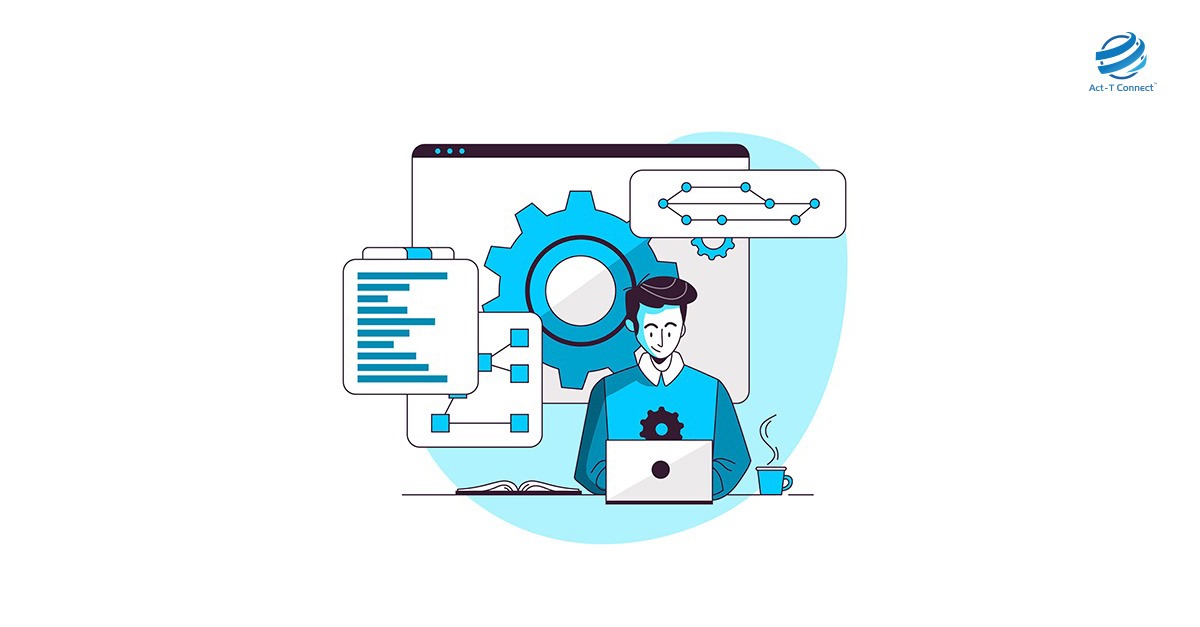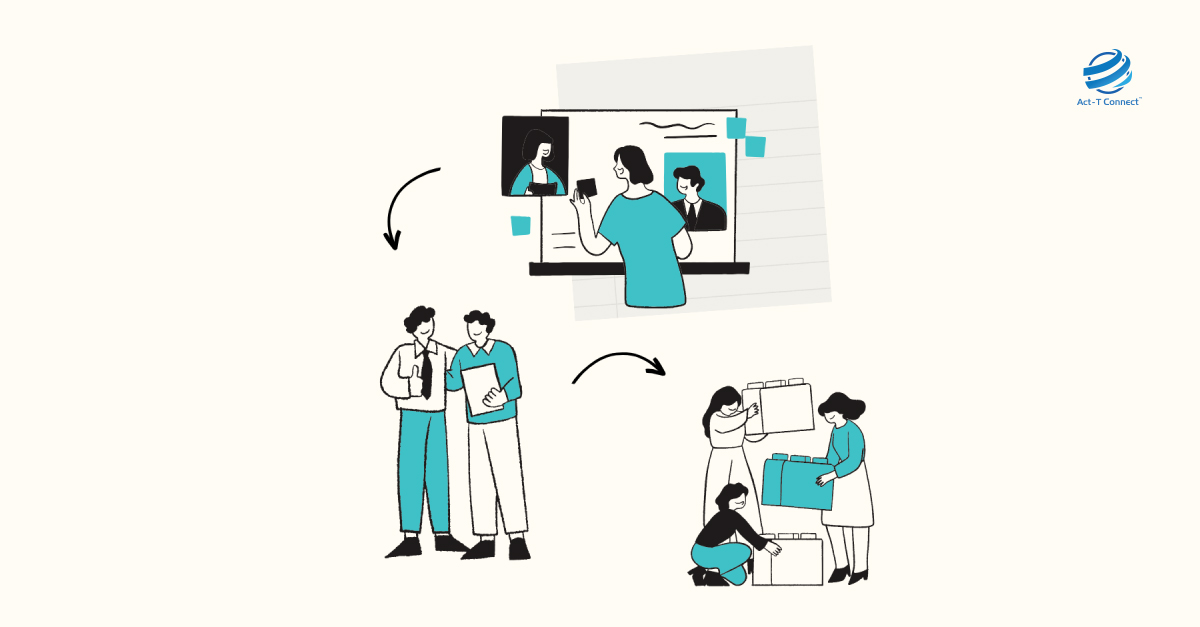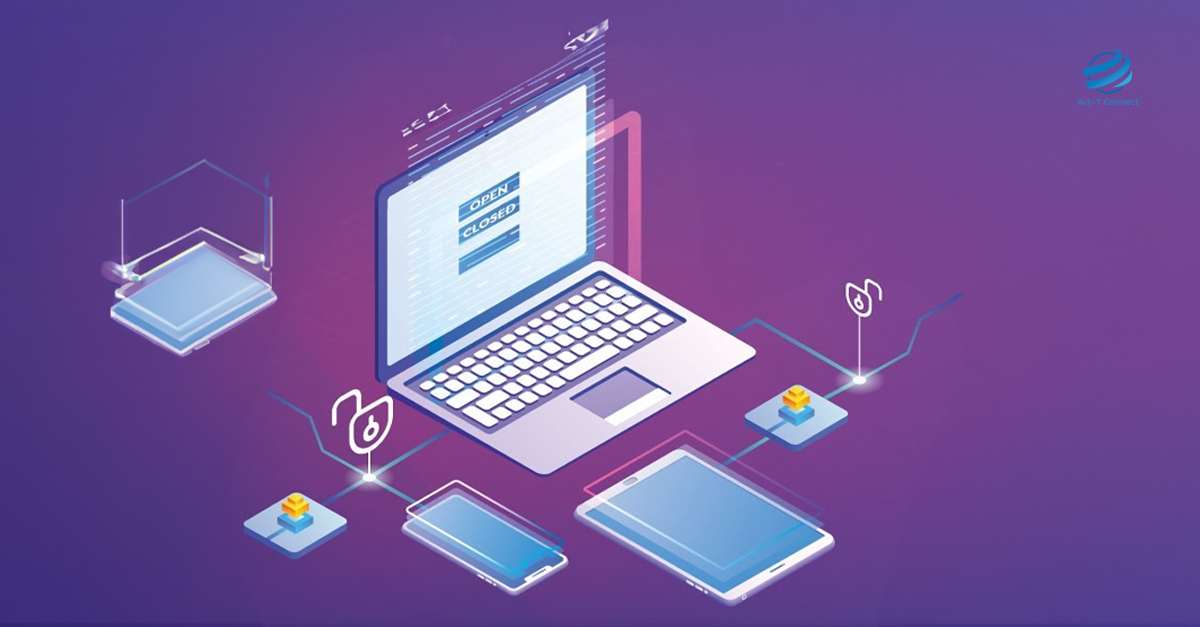
Systems
for enterprise resource planning, or ERP, handle vital information and
procedures at the center of organizations. However, there are serious risks
associated with security flaws and a lack of data transparency. The technology
that underpins cryptocurrencies, blockchain, appears, offering a possible
remedy for these problems. Is it possible for blockchain to transform ERP
security and build a stronghold around confidential corporate data?
Recognizing the Security Benefits of Blockchain
- Immutable Ledger: A secure digital ledger is produced via blockchain. Every transaction is a new "block" that is added to the chain, encrypted, and only accessible by those with permission. Any attempt to change data creates a visible digital footprint.
- Decentralization: Blockchain disperses data throughout a network as opposed to
a single database. The absence of a central point of failure reduces the
possibility of mistakes, attacks, and unauthorized access.
- Transparency: Authorized users benefit from more openness while data is protected. Supply chain management is streamlined and accountability is increased through real-time transaction tracking and audit trails.
How Does Blockchain Enhance Security for ERP?
- Supply Chain Integrity: Blockchain technology allows tracking the flow of commodities from producers to end users. This guarantees ethical sourcing procedures, enhances product traceability, and fights counterfeiting.
- Identity
Verification: Digital identities built on blockchain stop unwanted access to
ERP systems. This lowers the possibility of fraud and improves access controls.
- Data
Immutability for Compliance: Financial transactions and records that are
sensitive are more protected. Blockchain helps with regulatory compliance
checks by ensuring data integrity.
- Secure Contract Execution: Contract execution is automated by smart contracts according to preset rules. As a result, there are fewer disagreements and more transparency throughout the contract term.
- Data
Provenance: Blockchain ensures auditability by tracking the source of data and
any modifications made to it. For regulated businesses like healthcare or
banking, this is important.
Challenges and Considerations
- Scalability: Because some blockchains have inherent scalability constraints, careful
planning is required when integrating a blockchain component into large-scale
ERP systems.
- Complexity: Blockchain integration with ERP calls for technological know-how. Careful
planning is required to guarantee a seamless interface with current systems.
- Regulations: Regulations related to blockchain and data privacy are constantly changing,
therefore compliance must be carefully considered.
- Cooperation: Interoperability of blockchain is essential for systems to communicate with
other networks. Sometimes there are issues because there are no standards.
ERP's Future Driven by blockchain technology
Although it won't solve every ERP security issue, blockchain offers a lot of promise. Enterprise Resource Planning (ERP) companies can establish an exceptionally transparent and safe data management environment by carefully incorporating blockchain. Principal advantages consist of:
- Prevention of unauthorized alterations provides protection against fraud and cyberattacks.
- Increased product traceability and efficiency in the supply chain.
- Streamlined compliance procedures by using audit trails that are impenetrable.
- Enhanced data privacy with access limits and safe encryption.
As blockchain technology develops, ERP system interaction should become more smooth. Supply chains that are fully tracked on blockchain, unchangeable financial records for transparent accounting, and secure contracts for more efficient corporate operations are possible future developments.
Transparency and data security have taken a major turn with the blockchain and ERP connection. Even though there are obstacles to overcome, this is an exciting development for companies looking to build a future of unwavering security and confidence in their operations.






